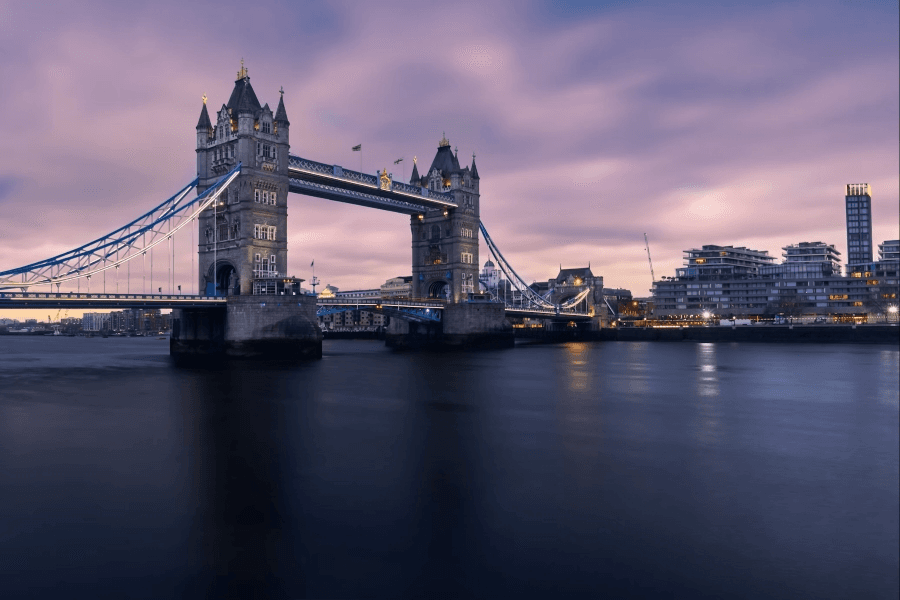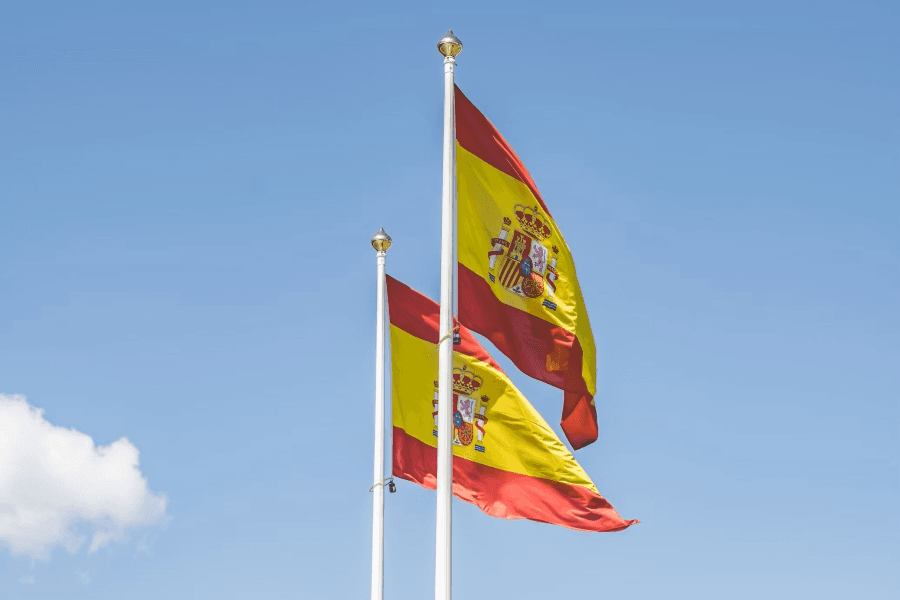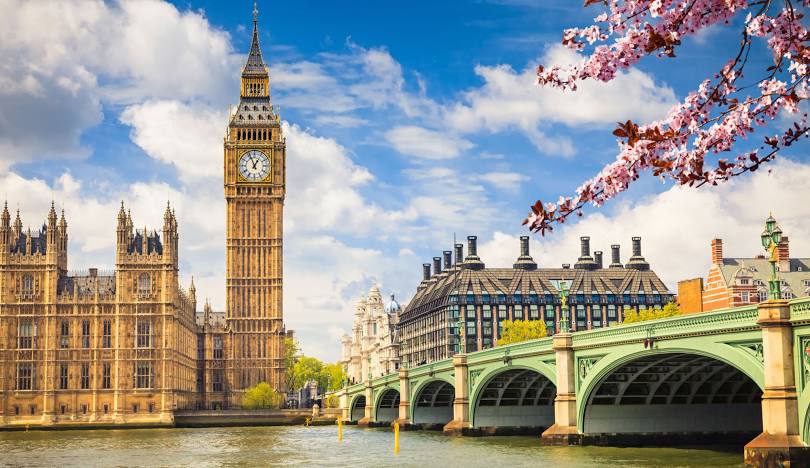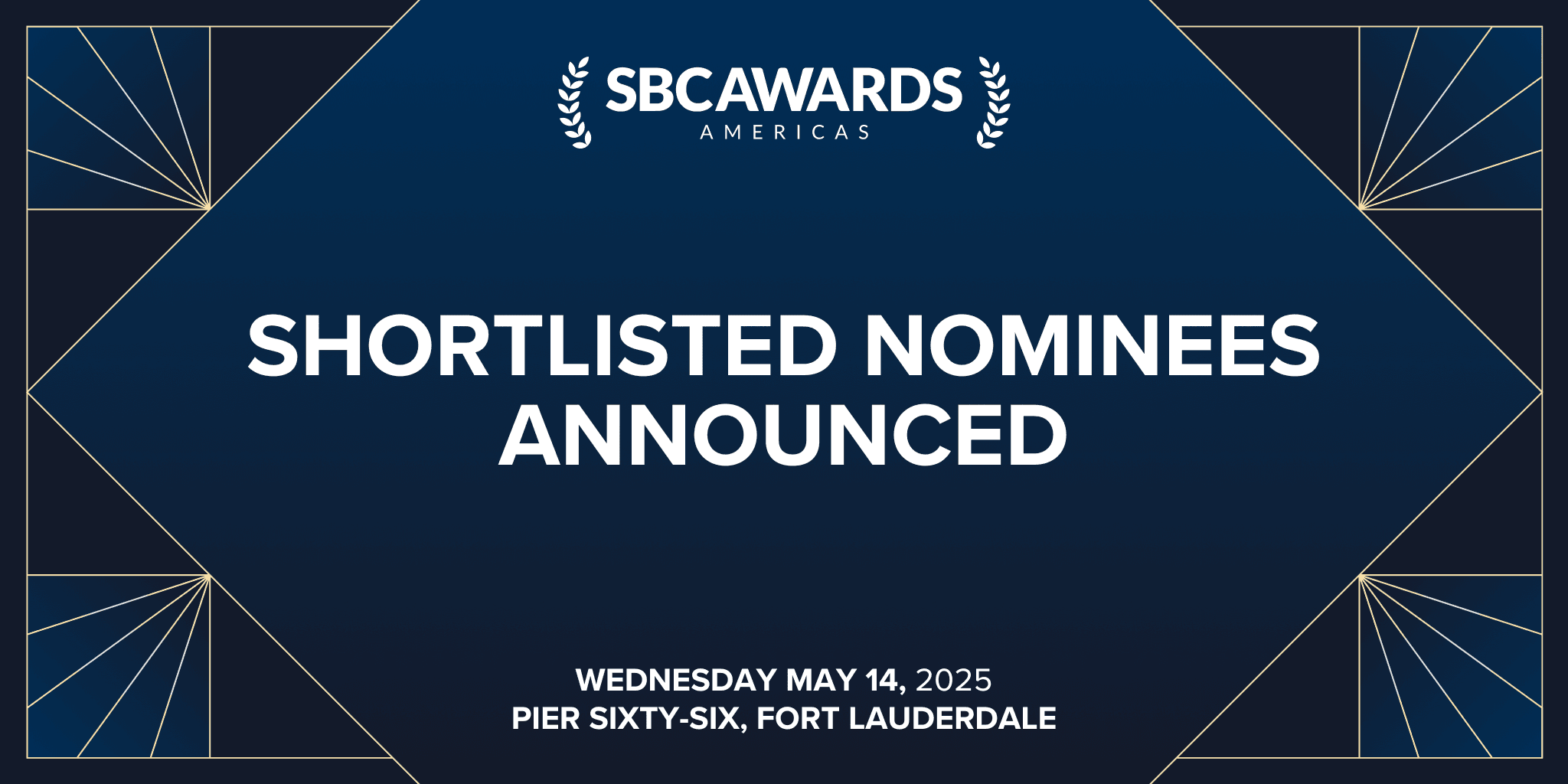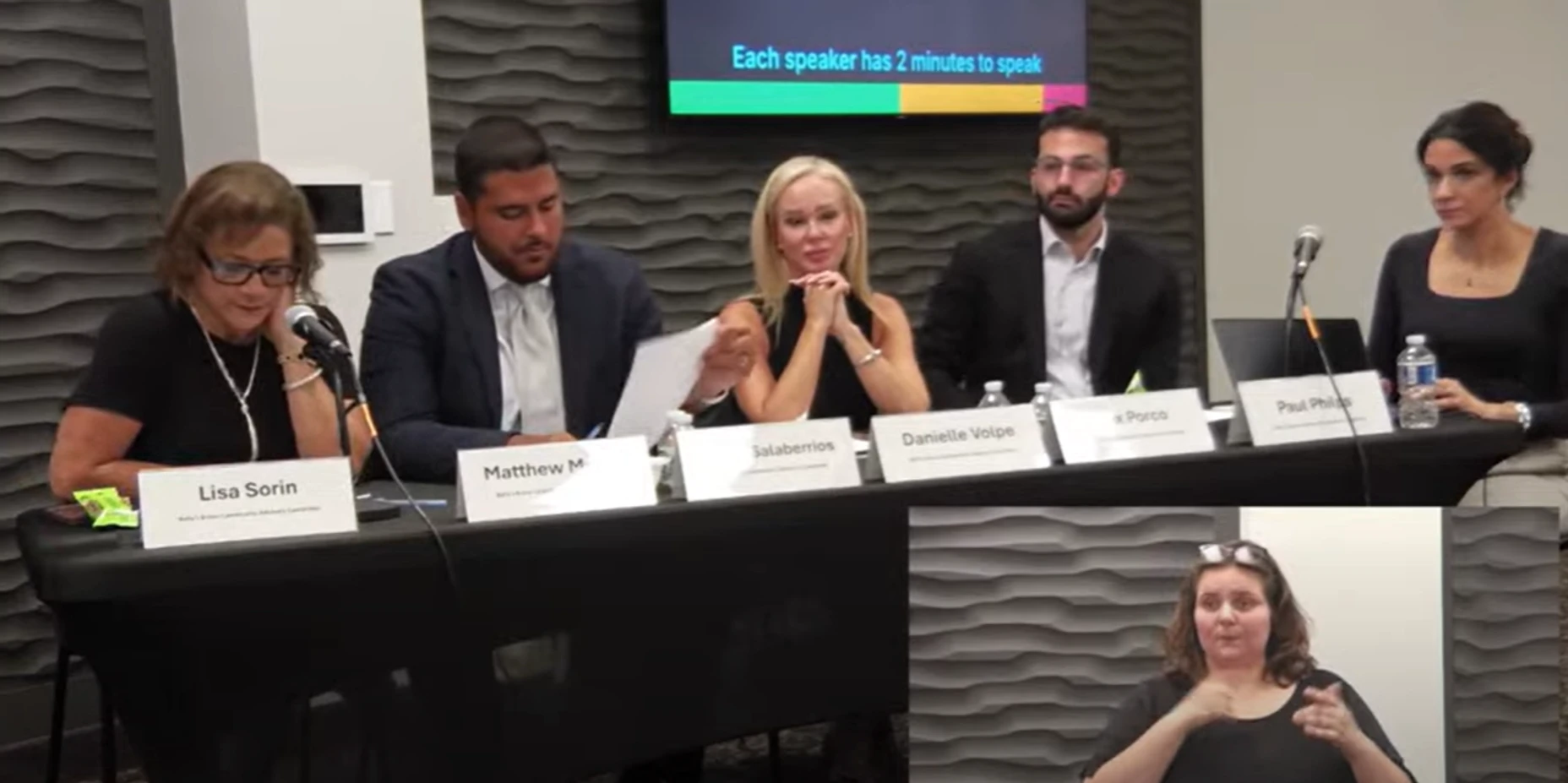
The first public hearing for the Bally’s Bronx casino proposal was held on Tuesday night and one thing was clear above all: Bronx residents want one of the downstate New York licences.
Bally’s was the third New York proposal to field a hearing, which was held at the conference centre at 1200 Waters Place. Eight bids are vying for three available downstate licences to be awarded this year, with the one from Bally’s as the lone Bronx representative.
The gaming company has cited the borough’s economic difficulties as a reason to invest there. It is proposing a $4 billion integrated resort in Ferry Point, on a golf course purchased from the Trump Organization in 2023. In a presentation earlier this month, Bally’s Chairman Soo Kim asserted his company’s bid was the “most responsive” to the state’s goal of maximising economic impact.
Approximately three-quarters of the residents who spoke on Tuesday were in support of the project. That was in stark contrast to the MGM Empire City and Caesars Times Square proposals, which drew significantly more criticism at recent public hearings.
New York City Mayor Eric Adams helped keep the Bally’s bid alive twice in recent weeks, and his rationale has been to give the Bronx an equal chance at economic opportunity. Such sentiments seemed to be appreciated by many locals.
“I’m kind of shocked that Bally’s wants to come in and invest and I welcome that 100%,” said Edward Romeo, a former member of Bronx Community Board 10. Romeo joked that the Bronx has always been the city’s “designated kick in the ass”.
Connecting with the Bronx community
Notably, many of those in favour acknowledged that casinos are not perfect. But they figured that if Bally’s is willing to throw down what would be the largest private investment in the borough’s history, then so be it.
“Let’s hold them accountable for everything they promise, but at the same time, bring the opportunity. You can’t be against people doing better,” said local resident Lauren Patterson, to the delight of the crowd.
In April, Bally’s appealed to the Bronx community by saving Preston High School, a local all-girls school, from closure. Its Bally’s Foundation philanthropic arm purchased the school for $8.5 million and leased it back for $1, while also funding repairs. Several young students who are poised to go to Preston next year testified in support.
As with all of the New York bids, union representatives also made appearances to advocate for their members. Bally’s is pledging 15,000 construction jobs, among the highest number in the casino submissions. At Tuesday’s meeting, there were several representatives from IBEW Local 3 in particular.
“As someone who cares about jobs and people working, I’m very excited about the project and I truly appreciate Bally’s commitment to the neighbourhood and that gives me faith that moving forward they’ll continue that,” said Ray West, a business representative for Local 3.
Opposition over parkland use, congestion
There was pushback from some residents, mostly in relation to parkland development. In order to qualify for a licence, Bally’s needed rezoning approvals on the site and some felt that the parkland should be used differently.
“I’m against the casino at Ferry Point because it’s a betrayal to our community,” said local resident Al Quattlebaum. “Our parkland was meant to serve families, children and seniors, not a casino. Bally’s casino represents a sellout of our community’s needs in exchange for corporate profits.”
One woman brought a pledge card that Bally’s had canvassed to local voters. She alleged that it was dishonest and did not mention a casino. This had been mentioned previously by Danielle Volpe, a member of the project’s local community advisory committee (CAC) that will be voting by 30 September on whether the proposal bid should move forward for state consideration.
One man, an employee of the city’s Department of Housing Preservation and Development whose name was not distinguishable, noted the potential ill effects a casino could have.
“In 20 years many of you will look back on this decision with regret,” he asserted. “You’re talking about promoting gambling in a borough that is already struggling, and bringing millions more cars into a community with the highest asthma rate in the entire country. That is not progress.”
The next hearing is set for 9 September. After that, the project’s CAC may choose to host additional hearings, but only two are required. Bally’s needs four out of six CAC members to vote in favour of its bid in order for it to remain in consideration.
Steady second quarter for the growing company
As the New York casino race continues, Bally’s appears to be holding somewhat steady elsewhere. On 11 August, the company announced group revenue of $657.5 million in Q2, a year-on-year gain of nearly 6%. Notably, its casino and resorts segment saw a 15% YoY gain to $393 million. This increase was attributable to the addition of four properties in February, resulting from the merger with Queen Casino & Entertainment.
It should be noted that the results don’t include net income, only revenue.
The company’s North American interactive revenue of $56.5 million was up 21% from last year. Bally’s has a monopoly on iGaming in its home state of Rhode Island and is continuing to expand its Bally Bet digital platform in more jurisdictions. Currently, the platform is live in 11 US states and in Ontario, Canada.
International digital revenue was down 10% to $206 million, and Q2 was effectively the last quarter of business for that segment. Bally’s divested its Asian interactive business last November and then sold the remaining international assets to Intralot in a €2.7 billion (US$3.1 billion) deal in July. The €1.53 billion in cash will help pay down senior debt, which is a huge relief for the company.
Speaking of debt, Bally’s ended the quarter with $174.5 million in cash versus net debt of $3.5 billion. That was less cash and more debt than Q1, adding more uncertainty to its long-term viability. Fitch Ratings has gradually downgraded Bally’s issuer default rating from a B+ in July 2021 to a B- with negative outlook now. Still, this has not stopped the company from progressing with an array of deals during that span.
Chicago IPO now closed, could offer road map for NY bids
In other company news, Bally’s announced on 14 August that it had closed the first round of share purchases for the initial public offering tied to its permanent Chicago casino, which is under a tight construction deadline to open by September 2026.
According to the release, “nearly 1,800 unique shareholders including 1,007 Chicagoans and 1,573 Illinois-based shareholders” bought shares. This was the first of “a few rounds of placements” that the company is planning. Shares ranged in price from $250 to $25,000, and the programme is aimed at satisfying minority ownership commitments to the city.
Bally’s was sued for discrimination on its first attempt at offering the IPO, which was never approved by the Securities and Exchange Commission. The risky and somewhat vague nature of the investment has drawn criticism in some quarters.
A similar IPO programme is being pitched for Bally’s Bronx, totalling 9% of the project’s equity.
“We envision these shares of the [investment programme] being available for as little as $250 or $500, providing opportunity for equity ownership across all social classes,” Bally’s SVP of Corporate Development Christopher Jewett said in an earlier presentation.
Two other New York bidders – Soloviev Group’s Freedom Plaza and Caesars Times Square – are also pledging local IPOs. Now that Bally’s has successfully closed its first Chicago round, that could serve as a blueprint for other offerings in the Empire State.



 2025-08-22
2025-08-22




